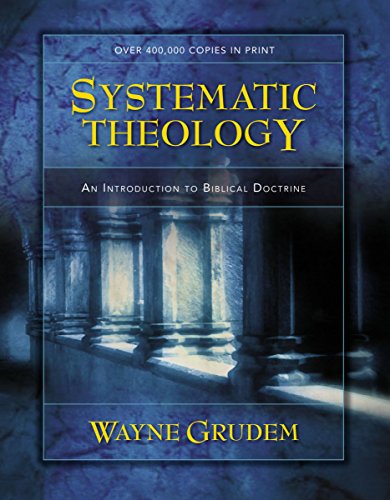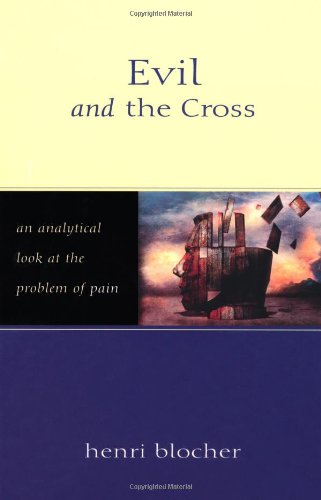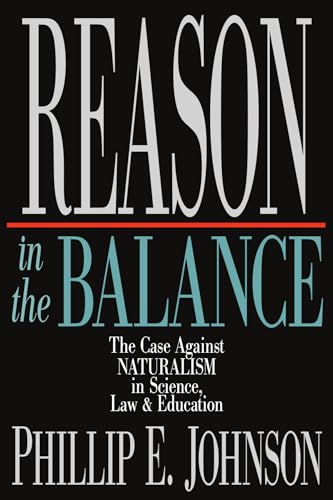Volume 22 - Issue 1
Martin Luther
By Stephen N. Williams‘A man is what he is on his knees before God—nothing more’, said the nineteenth-century Scots minister, Robert Murray McCheyne. Who taught him, who exemplified for him, the truth of a salvation believed in, received, worked out in the secret place? We have had, as he had, many such teachers, for all of whom we are grateful. But few attain the stature of Martin Luther (1483–1546), the 450th anniversary of whose death we commemorate in this editorial.
Those inducted into theological study, whether in a Lutheran or non-Lutheran context, will likelier than not soon learn all about Luther’s shortcomings. He divided the spheres of religious and political life; he stirred people up to violence, on particular occasions, against peasants and Jews; he erred on the Eucharist; he reduced the Pauline and biblical gospel to a narrowly-focused concern with the deliverance of a trembling and guilty sinner from the law of a wrathful deity. There is certainly a place for critical or constructive assessment on all these points. But not the place we often give it—the place given by people who show little sign of having learned from Luther before criticizing him: the place given by people who do not even pause to ask what Paul meant when he warned against judging another man’s servant (Rom. 14:4).
Luther’s break with Rome was not the result of a fundamentally negative impetus towards the Roman Church, but of a positive grasp of the gospel which led him to enthrone Christ, the salvation of Christ and the Word of God in a heart that burned with the discovery of God’s way of justification. He is commonly credited with this emphasis on justification by faith alone and, indeed, his attempt to clarify Paul’s ‘justification by faith’ by the addition of ‘alone’ in his German translation of the Bible, testifies to that emphasis. Yet, with all his attention to the faith of the believer, it was the superlative object of that faith which captured Luther. Listen to his comment on Galatians 3:13, to give one of many possible examples:
Hereby it appeareth that the doctrine of the Gospel (which of all other is most sweet and full of singular consolation) speaketh nothing of our works or of the works of the law, but of the unspeakable and inestimable mercy and love of God towards us unworthy and lost men: to wit, that our most merciful Father, seeing us to be oppressed and overwhelmed with the curse of the law, and so to be holden under the same that we could never be delivered from it by our own power, sent his only Son into the world and laid upon him the sins of all men, saying: Be thou Peter that denier; Paul that persecutor, blasphemer and cruel oppressor; David that adulterer; that sinner which did eat the apple in Paradise; that thief which hanged upon the cross; and briefly, be thou the person which hath committed the sins of all men; see thou therefore that thou pay and satisfy for them.1
It is one thing to wonder whether this is the most felicitous theological exegesis of the Pauline text in its relation to the wider doctrine of the atonement; it is another to deny that we witness here something of Luther’s profound grasp of the truth that Christ bore our sins in his body on the cross.
Nor was Luther guilty of sheer inwardness. His life was crammed extraordinarily full of an activity which testified to his robust conviction that God calls us to a complete dedication to him in any and every sphere of service. We owe much to Luther in his way of dignifying Christian life in the world: justification by faith sets us free for joyous service and obedience. Nor is this formulated just in terms of God and the world. Everyone should read the short classic published in 1520, before the final breach with Rome: The Freedom of the Christian Man. (It is available in English translation not only in the multi-volume Works of Luther, but also, e.g., in the Three Treatises.2) First Luther establishes the principle of justification by faith, not as a cold doctrine, but as a life-transforming power as we are led into living union with Christ. But the seed of faith bears the fruit of love towards our neighbour. As Luther strikingly puts it: I must indwell my neighbour by love as I indwell Christ by faith. One needs to ponder this formulation. It is nothing less than a doctrine of total immersion-total immersion in my neighbour now that I live by faith in God, through Jesus Christ.
With statements such as these, Luther was able to present us with both the simplicity and the profundity of Christian essentials. And so we learn how compromised we so often are. Faith and love are often regarded as being in tension and, increasingly with and after the Enlightenment in the West, faith could look like a principle of ill-grounded and dogmatic inflexibility, while love looks like a principle for tolerant social co-existence. Luther full knew how faith, firm as flint, and love, stretchable as elastic, could make for a paradoxical alliance and difficult partnership. Yet that is the product of sin and immaturity. In Jesus Christ we see the perfect and deep harmony of repose in the Father, unflinching witness to truth and sacrificial love of impenetrable measure.3
Luther’s life was no unblemished exemplification of his teaching, or, to put it another way, he was human and, to that extent, not unlike his detractors past and present! But he strove—strove to live the life that knows no governance save the lordship of God, and to relate to others according to the law of Christ. As for that protest and reformation which altered the course of world history, Luther would have been dismayed to find such things spoken of here or in any other article under the title: ‘Luther’. ‘I simply taught, preached, wrote God’s Word: otherwise I did nothing … The Word did it all.’4 And had he known that some would long for another Luther to guide the Church in our day, he would have despaired: why Luther, when the power lies in the Word? It is because he reminds us of this, that we remember him in 1996.5
1 Martin Luther, A Commentary on St. Paul’s Epistle to the Galatians (Cambridge: Clarke, 1953), p. 272.
2 M. Luther, Three Treatises (Philadelphia: Muhlenberg, 1960).
3 I am eliding here the various distinctions in the meanings of ‘faith’ in relation both to Jesus and to ourselves.
4 Quoted in Gordon Rupp, Luther’s Progress to the Diet of Worms (New York: Harper & Row. 1964), p. 99. It is still worth reading.
5 We touch here on the ecumenical appropriation of Luther and the question of the relationship of Protestantism and Roman Catholicism. By referring to Luther for today, I do not have this question in mind, however relevant and important it may be.
Stephen N. Williams
Stephen Williams is professor of systematic theology at Union Theological College in Belfast, Northern Ireland, and served as general editor of Themelios from 1995 to 1999.






